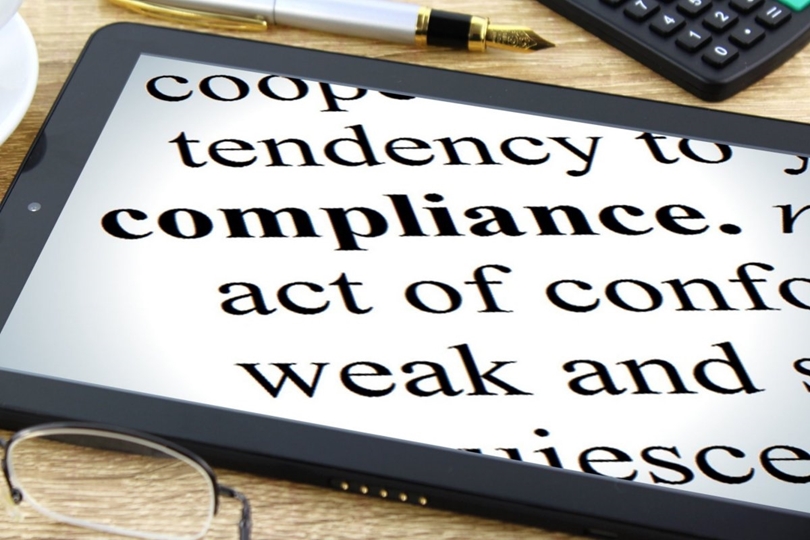Due Diligence Review Checklist for Purchasing a Business Part 2

In the previous article we discussed the importance of a due diligence review when you're considering purchasing a business, and covered the questions that should be answered with respect to the business' financial and corporate history. This week we talk about legal and regulatory matters, customers, goodwill, market share and potential for growth.
IV. Legal Issues and Regulatory Matters.
It is vital to make sure that the business you are buying is in compliance with all applicable laws and regulations (including securities regulations, if the shares have been offered to the public), and to discover whether there are any current or pending legal actions involving the business. You need to review all licenses, permits, approvals, court filings, environmental reports, prospecti, offering memoranda, correspondence and other documents with your legal counsel. Your review should answer all of the following questions.
-
Has the company obtained valid business licenses in all necessary jurisdictions? Are all license fees and other applicable charges paid?
-
What business names does the company operate under? Have all business names been properly registered in the applicable locations?
-
Are there any environmental concerns with respect to the business' operations? Should the purchase be conditioned upon a satisfactory environmental study? Have there been any investigations commenced in the past 5 years?
-
Are there any lawsuits in progress in which the company is involved in any capacity?
-
Are there any known potential legal claims involving the company? Has any party threatened to bring suit against the company, either in writing or verbally?
-
What is the total of all amounts being claimed against the business?
-
Has the company ever had a judgment issued against it in a legal action? If yes, how much? Has it been fully satisfied?
-
Have any criminal, administrative or disciplinary actions been commenced by any government or law enforcement agency, or are any pending? If past, what was the result? If present, what is the status?
-
Has the business ever filed for bankruptcy protection? Has a trustee or receiver ever been appointed?
-
Does the company trade its shares publicly? Get a list of jurisdictions in which the company is a reporting issuer, and a list of stock exchanges on which the securities are listed.
-
Are there any agreements with any organization which affect the company's ability to issue shares?
-
Has any securities regulatory body issued an order against the company or its personnel? Is any investigation or inquiry in progress or pending?
-
Is there any law, statute, regulation or ordinance which affects the transfer of the business?
V. The Business' Position in the Marketplace.
Customers are arguably the most important facet of any business. It's vital to understand who the business' customers are, what the target markets are (present and future), and to determine whether there is potential for future growth in the current market and the current economic climate. You also need to know how effective the company's current and past marketing efforts have been in making inroads into those markets.
-
How large is the customer base?
-
What degree of customer loyalty has the business maintained?
-
Is the current customer base primarily local? Is location a factor in retaining customers? Would moving the business make a difference?
-
Does the company have any large customers that generate a significant percentage of the business revenues? What would be the impact of losing one of these customers? Can the customer base be diversified to spread the revenues over a larger number of customers?
-
Determine the relationship of the customers to the seller. Are certain customers loyal to the owner rather than the business? Will the change in ownership affect their loyalty?
-
Review the terms and conditions of existing customer agreements, particularly: expiry dates, renewal options (automatic or requiring notice), procedure for termination by either party.
-
Is the industry showing growth in your area? What is the market saturation? How much market share do the business' competitors have? What is the growth potential of the business?
-
Is any part of the revenues attributable to seasonal sales or activity?
-
Will your previous business experience and expertise lend itself to successfully operating this business?
-
How is the business perceived by the community? Does it have good word-of-mouth? Is it seen as a responsible community-minded organization?
-
What is the level of customer service? Are customer service staff properly trained?
-
Does the company produce its own sales brochures and other marketing materials?
-
Examine the current advertising programs and campaigns: terms and conditions of advertising contracts, expiry dates, costs, ROI.
-
What media channels does the business advertise in (e.g. broadcast, print, online, social media)?
-
Does the company have a website? What type of website is it (e.g. e-commerce, lead generation, online "company brochure")?
-
What are the costs of maintaining the website? Is it hosted onsite or remotely? Is there an in-house programmer or is all development work done by an outside consultant? Review the web hosting / development agreements.
